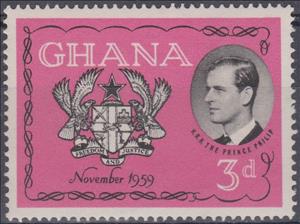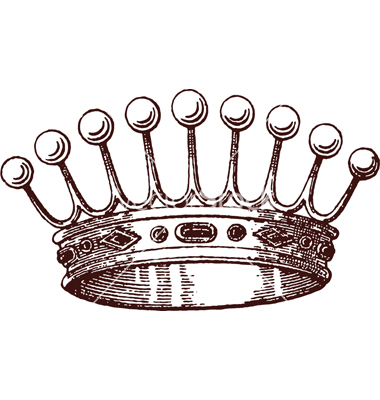Stamp: Prince Philip of England & Coat of Arms Ghana (Ghana 1959)
Prince Philip of England & Coat of Arms Ghana (Ghana 1959)
24 November (Ghana ) within release Visit of Prince Philip goes into circulation Stamp Prince Philip of England & Coat of Arms Ghana face value 3 Ghanaian penny
| Stamp Prince Philip of England & Coat of Arms Ghana in catalogues | |
|---|---|
| Michel: | Mi:GH 68 |
| Stamp Number: | Sn:GH 66 |
Stamp is square format.
Stamp Prince Philip of England & Coat of Arms Ghana it reflects the thematic directions:
A Royalty is the immediate family of a king or queen regnant, and sometimes his or her extended family. The term imperial family appropriately describes the family of an emperor or empress, and the term papal family describes the family of a pope, while the terms baronial family, comital family, ducal family, grand ducal family, or princely family are more appropriate to describe the relatives of a reigning baron, count, duke, grand duke, or prince. However, in common parlance members of any family which reigns by hereditary right are often referred to as royalty or "royals." It is also customary in some circles to refer to the extended relations of a deposed monarch and his or her descendants as a royal family. A dynasty is sometimes referred to as "the House of ...". As of July 2013, there are 26 active sovereign monarchies in the world who rule or reign over 43 countries in all
A prince is a male ruler (ranked below a king, grand prince, and grand duke) or a male member of a monarch's or former monarch's family. Prince is also a title of nobility (often highest), often hereditary, in some European states. The female equivalent is a princess. The English word derives, via the French word prince, from the Latin noun prīnceps, from primus (first) and caput (head), meaning "the first, foremost, the chief, most distinguished, noble ruler, prince"
A coat of arms is an heraldic visual design on an escutcheon (i.e. shield), surcoat, or tabard. The coat of arms on an escutcheon forms the central element of the full heraldic achievement which in its whole consists of shield, supporters, crest, and motto. A coat of arms is traditionally unique to an individual person, family (except in the United Kingdom), state, organisation or corporation.




